General Blog Posts
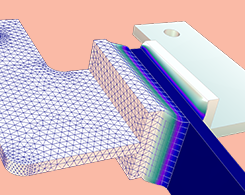
Frequency Response of Mechanical Systems
Read this blog post for a detailed look at damped mechanical systems, a guide to setting up frequency-response analyses in COMSOL®, and a discussion of how to interpret your results.

Efficient Parameter Control and Usage in COMSOL Multiphysics®
Any model can benefit from a proper parameter list. Learn how to control and use model parameters more efficiently with features such as parameter nodes and forms.

Keynote Video: Improving Process Understanding with Applications
When an organization’s research spans across many industries, consistent product quality becomes the name of the game. That’s why Huntsman Advanced Materials turned to simulation applications.
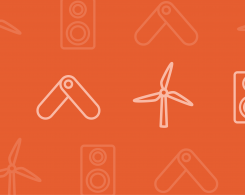
Analyzing Topology Optimization of a Photoacoustic Spectroscopy Cell
Signals generated via photoacoustic spectroscopy are often weak and difficult to detect. Acoustic cells can be used to amplify the signal, but they need to be designed with sensitivity in mind.
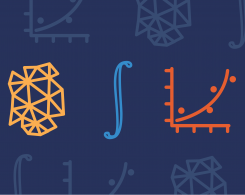
Is Meshing Run in Parallel in COMSOL Multiphysics®?
Meshing, an integral part of modeling in COMSOL Multiphysics®, can take up a lot of time and resources. Parallelized meshing speeds things up by distributing the meshing of domains on more cores.

Introduction to Numerical Integration and Gauss Points
In this comprehensive blog post, we go over the theory behind numerical integration, Gaussian quadrature, Gauss points, weak contributions, and much more.
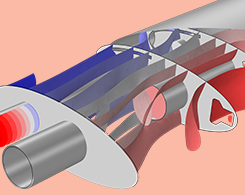
Using the Port Boundary Condition in Acoustic Waveguide Models
By combining several Port boundary conditions, you can easily compute the transmission and insertion loss in exhaust and muffler systems. See more benefits of this feature for acoustics modeling.
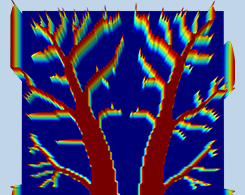
Comparing Optimization Methods for a Heat Sink Design for 3D Printing
When designing a heat sink, is it better to use parametric or topology optimization? When manufacturing said design, does 3D printing produce the best result, or a conventional method?
